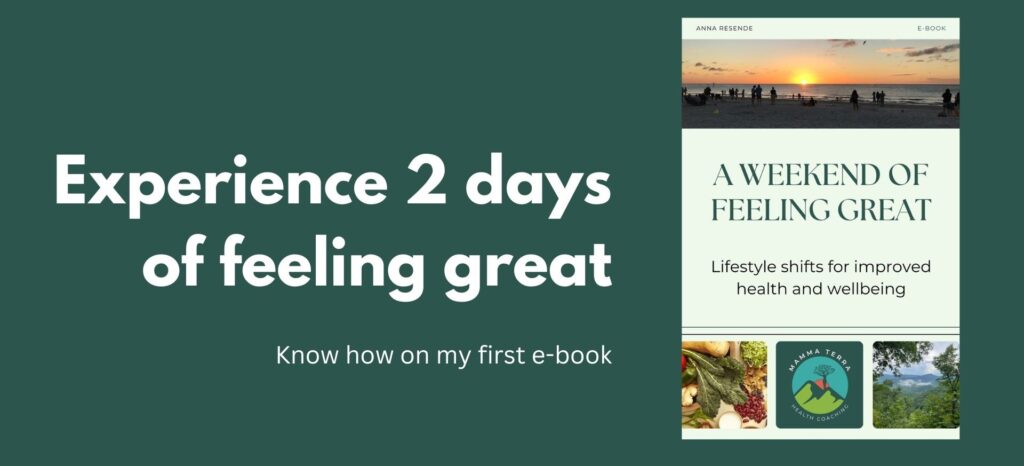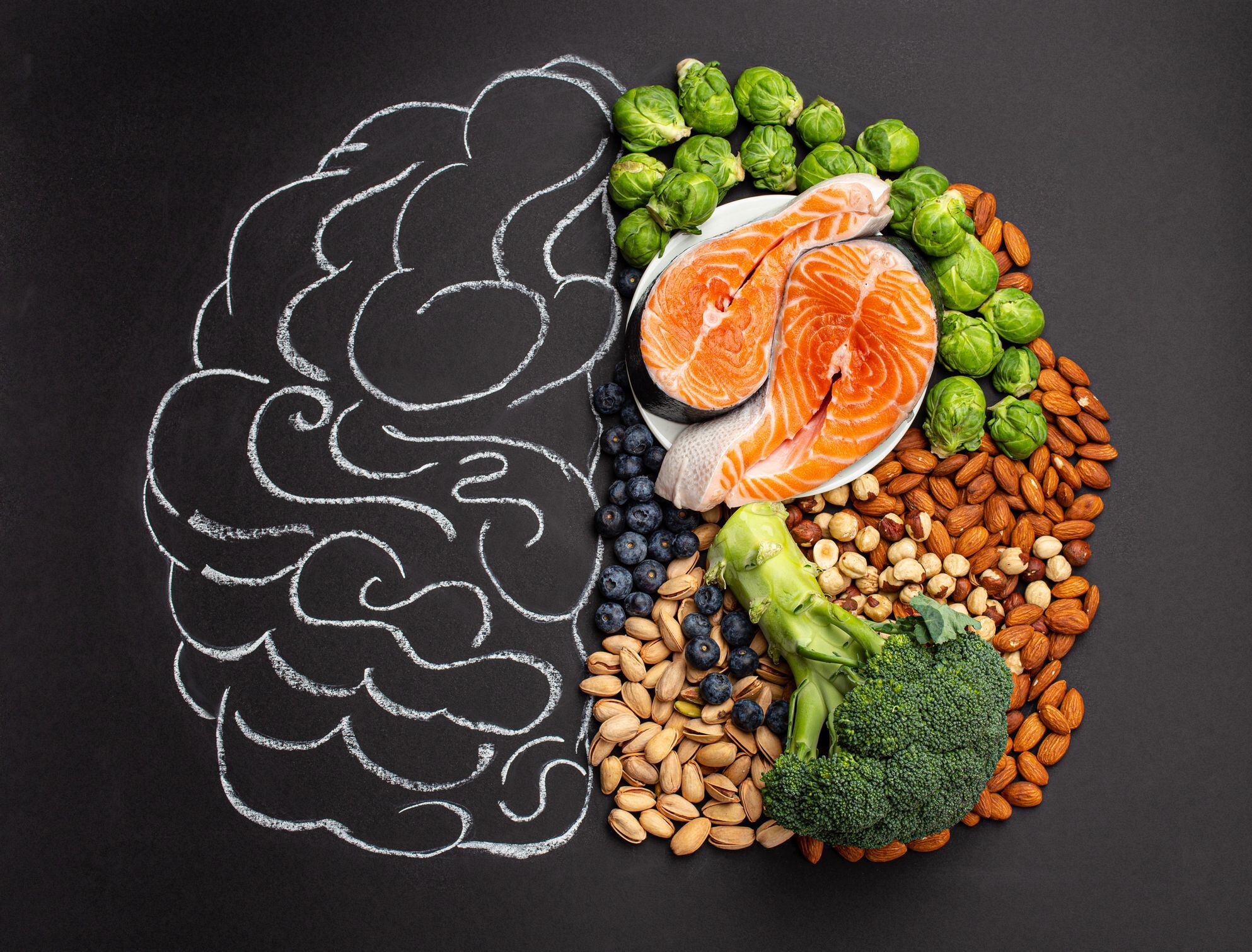The Importance of Mental Health from a Holistic Perspective
In recent years, mental health has taken center stage — in conversations, on social media, and even in the workplace — and for good reason. We live in fast-paced times, filled with constant stimulation and pressure, which directly impacts our emotional balance.
However, when we talk about mental health, we often focus only on the psychological aspect, forgetting that the mind, body, and spirit are deeply interconnected. Holistic health begins with this understanding: the human being is a living system in constant interaction, and caring for one aspect means caring for all.
Mental health is one of the essential pillars of a balanced and fulfilling life. It shapes our ability to work, create with purpose, build healthy relationships, and find meaning in everyday experiences. When neglected, it can affect everything from our physical energy to our cognitive function.
Caring for mental health goes far beyond treating symptoms — it means nourishing yourself fully through rest, mindful eating, movement, connection, and affection.
What Is Nutritional Psychiatry and Why It Matters
This is where nutritional psychiatry comes in — an emerging area of medicine that studies how food affects brain function and emotions. Increasing research shows that what we eat directly influences our mood, energy levels, and even our ability to handle stress.
Nutrients such as omega-3 fatty acids, B vitamins, magnesium, iron, zinc, and probiotics — found in fermented foods like kefir, kombucha, and sauerkraut — play an essential role in neurotransmitter regulation and overall mental health.
On the other hand, diets high in ultra-processed foods, refined sugars, and unhealthy fats have been linked to higher rates of anxiety, depression, and chronic inflammation. Nutritional psychiatry offers a new way to care for the mind — through conscious, natural, wholesome food choices that support both brain and body.
This concept is extensively explored in Dr. Drew Ramsey’s Eat to Beat Depression and Anxiety, which highlights how certain foods can help regulate mood and support brain health, and in Dr. Ellen Vora’s The Anatomy of Anxiety, which expands on how nutrition, sleep, and lifestyle shape our emotional balance.
5 Foods that Support Mental Health
1. Leafy Greens
All greens but especially the dark ones like watercress, beet greens, spinach, kale, Swiss chard, and arugula, which are packed with vitamins A, C, and folate (B9).
2. Rainbow Fruits & Veggies
Eating colorful fruits and vegetables, like tomatoes, avocados, bell peppers, broccoli, cauliflower, pumpkins, and berries, is a great way to not only get important phytonutrients called flavonoids and carotenoids, but also fiber for the gut.
3. Seafood
Oysters, salmon, sardines, mussels, cod, and tuna are rich in essential omega-3 and also chock-full of B12, selenium, iron, zinc, and protein. All key players on reducing inflammation in the brain and mood regulation. For vegetarians, chia and flaxseeds are great plant-based alternatives.
4. Nuts, Beans & Seeds
Besides being the top source of plant-based protein, beans, lentils, chickpeas, and seeds – like pumpkin, sunflower, chia, and hemp – are also rich in fiber, zinc, iron, and other essential vitamins. They fight free radicals and protect brain cells, promoting mental clarity.
5. Fermented Foods
Kefir, plain yogurt, kombucha, and sauerkraut strengthen the gut — often called our “second brain.” A balanced microbiome is closely linked to reduced anxiety and depression.
Bonus Tip: Don’t forget to get some sunshine! Vitamin D is the precursor of serotonin! Stay hydrated and limit sugar, caffeine, alcohol, and ultra-processed foods — they can disrupt sleep and emotional balance.
Mindful Eating and Holistic Well-Being
More than a trend, nutritional psychiatry is an invitation to reconnect with the body and with nature. It reminds us that mental balance doesn’t rely solely on therapy or medication but also on our daily habits — what we eat, how we rest, breathe, and connect with others.
Embracing a diet rich in whole, real foods — fruits, vegetables, legumes, grains, seeds, and healthy fats — is a powerful act of self-care and prevention.
When we view mental health through a holistic lens, we understand that true well-being arises from the harmony of body, mind, and spirit. It’s from this integration that vitality flows — the kind that allows us to live with presence, purpose, and joy.
The Nourishment of the Mind Begins on the Plate
Caring for the brain is also caring for the mind. When mental health is approached through the principles of holistic health — and supported by the science of nutritional psychiatry — it becomes a journey of self-discovery and reconnection.
As Dr. Drew Ramsey and Dr. Ellen Vora both emphasize, small, intentional changes in our diet and lifestyle can profoundly transform how we feel.
So, the next time you prepare a meal, remember: every bite is a chance to nourish your brain, balance your mood, and feed your well-being from the inside out.
Because Good is what makes you feel well!
Anna.
In my book Living Your Best Life in College, I devote a full chapter to nutritional psychiatry, explaining in simple terms what our brain and body truly need — and why — when it comes to macro- and micronutrients.
Find a delicious mental health-friendly recipe here: Eat for Your Brain

Anna Resende
Integrative Nutrition Health Coach
Certified by IIN - Institute for Integrative Nutrition
Every week I send out my newsletter called Mamma’s Tips where I share health and wellness topics, good books, recipes, and more.
Click below to subscribe!
I’m excited to share that I just published my first e-book
A Weekend of Feeling Great!

In this book, you’ll find all the steps you can take to feel great. Besides all the foundational principles of multidimensional health, it has a sample of a productive daily routine that everyone can use and a two-day menu with 10 delicious plant-based recipes for you to try.




